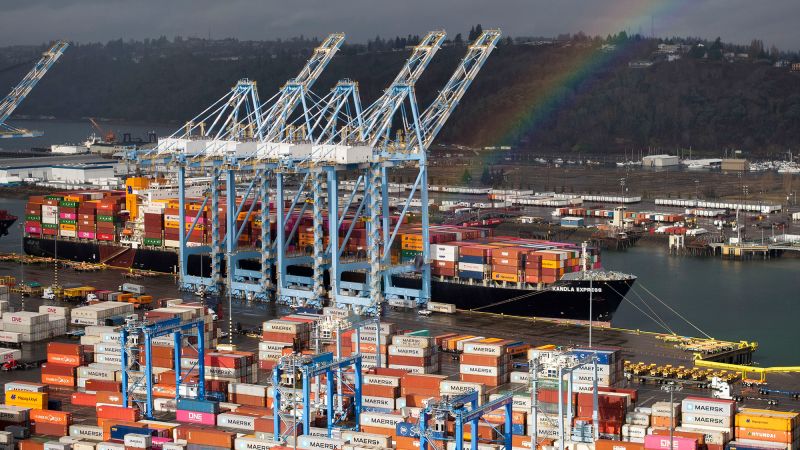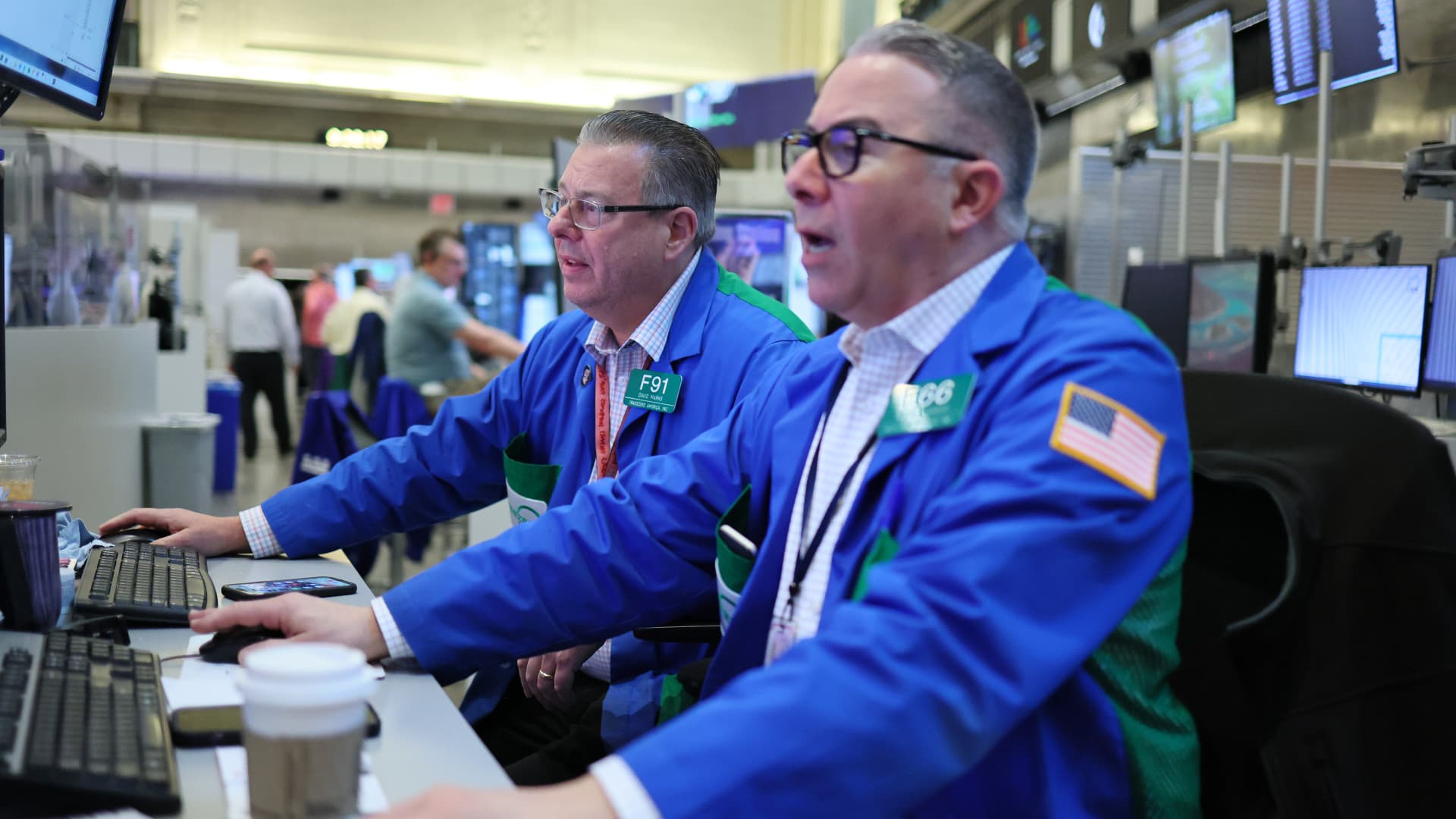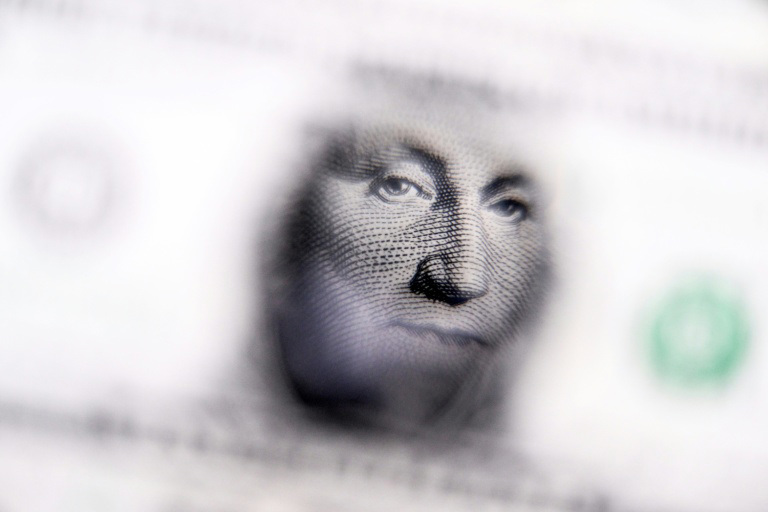CNN
—
Commerce Secretary Howard Lutnick said Thursday that President Donald Trump will likely announce later in the day a one-month tariff delay on all products that are covered by the USMCA free trade treaty, a significant walkback of the administration’s signature economic plan that has rattled markets, businesses and consumers.
In an interview with CNBC, Lutnick said tariffs on all treaty-compliant products from Mexico and Canada, most of which were hit with a 25% tariff Tuesday, will probably be paused. They will now go into effect on April 2 unless Mexico and Canada show significant progress in fighting what the Trump administration has called an epidemic of fentanyl crossing the border to the United States.
Stocks, which fell sharply to start the day Thursday, remained lower after Lutnick’s announcement but pared some of their losses. The Dow was down about 100 points, or 0.3%. The broader S&P 500 fell 0.6% and the tech-heavy Nasdaq was 0.7% lower.
The market is in the red during Trump’s presidency in part because of the uncertainty the administration’s trade policy has caused. The Nasdaq has fallen 6.4% since Trump took office, and the S&P 500 is down more than 3%. Businesses have paused hiring, consumer confidence has plunged and investors have shifted out of stocks and into safe havens like government bonds.
Trump in his joint address to Congress Tuesday night acknowledged that tariffs are unpopular and could cause some pain, particularly by raising prices on an already inflation-weary American public. In one of his more vulnerable moments during the speech, Trump pleaded for patience, asking farmers who could be hurt by retaliatory tariffs to “bear with me” and said “there will be a little disturbance.”
The back and forth on tariffs alone is causing confusion. Trump has routinely threatened or briefly put in place tariffs only to announce delays or pauses, leaving Corporate America unclear on how to invest and whether to hire.
Trump campaigned on steep tariffs on Day One. Instead, he signed several executive actions on his first day in office ordering his administration to investigate whether to pursue tariffs on a wide range of goods. In a signing ceremony, Trump announced that 25% tariffs on Canada and Mexico would be coming February 1.
But those tariffs were delayed — first by a few days and then by a month after both countries sent delegations to negotiate on illegal border crossings and fentanyl.
Promised tariffs on China went into place February 4 — but not at the 60% level Trump had promised in December. The 10% tariffs came with a surprising twist: The elimination of the de minimis exclusion, a loophole that allows goods valued at less than $800 to come over the border duty-free. Those packages are numerous and onerous for customs officials to scan for tariffs.
The next day, the US Postal Service stopped all package deliveries from China from entering the United States because it was unable to abide by the new trade policy. But hours later, the de minimis exclusion was back on — temporarily — until the Commerce Department could determine how to police it.
Then, Trump promised a “big one,” as he called it: reciprocal tariffs — matching foreign countries’ tariffs dollar for dollar. Instead, the plan, as it were, which Trump announced in the Oval Office on February 13 to much fanfare, consisted of a vaguely worded memo that offered few concrete details and no real timeframe for those tariffs to kick in. Eventually the timeframe — April 2 — became clearer, but the tariffs that would be applied and the countries that would be subjected to the reciprocal tariffs remain somewhat of a mystery. Trump has floated autos, copper, microchips, pharmaceuticals and lumber, but specifics remain sparse.
Trump also announced steel and aluminum tariffs that are set to go into place March 12. But they don’t represent a significant increase over what was already in place.
After the latest tariffs on Mexico and Canada went into effect Tuesday, stocks fell sharply. Trump — who has long fixated on how his policies perform in the markets — and his team were paying close attention to the market on Tuesday, a source familiar with the discussions told CNN. On Wednesday, Trump paused the tariffs on autos coming from Mexico and Canada for a month.
And now today, it looks like they’re all off. Until at least April 2. Maybe.
This story has been updated with additional context and developments.


